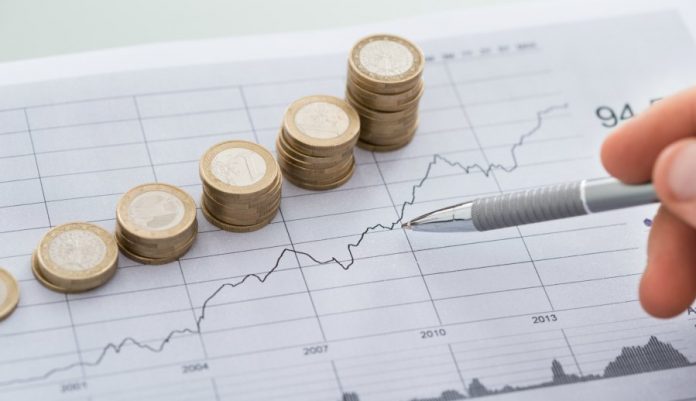Inflation fell to 2.4 per cent in April, according to the latest data from the Office for National Statistics, which said that the biggest factor in pulling the rate down was air fares, which were influenced by the timing of Easter.
The drop has taken economists by surprise and saw the pound fall 0.63 per cent against the dollar in morning trading, dipping to $1.3348 as the recent increases in oil prices and petrol has yet to take effect in the figures.
Core inflation, taking out volatile items like food and fuel,is only 2.1%,less than expected and only just above target, making it now less likely that the Bank of England will press for a rise in interest rates in the summer.
The April 2018 figure being the lowest observed since January 2017.
Soft drink prices saw their biggest ever rise for this time of year, due to the introduction of the sugar tax. However, many retailers still haven’t passed the impact of the tax onto shoppers.
The price of goods leaving factories rose 2.7% in the year to April, unchanged from March. Prices for raw materials grew by 5.3%, up from 4.4% in March, driven mainly by increasing crude oil and fuel prices.
Meanwhile average house prices in the UK have increased by 4.2% in the year to March 2018,unchanged from February 2018.
The annual growth rate has slowed since mid-2016 but has remained under 5%, with the exception of October 2017, throughout 2017 and into 2018. Average house prices in the UK decreased by 0.2% on the month.







